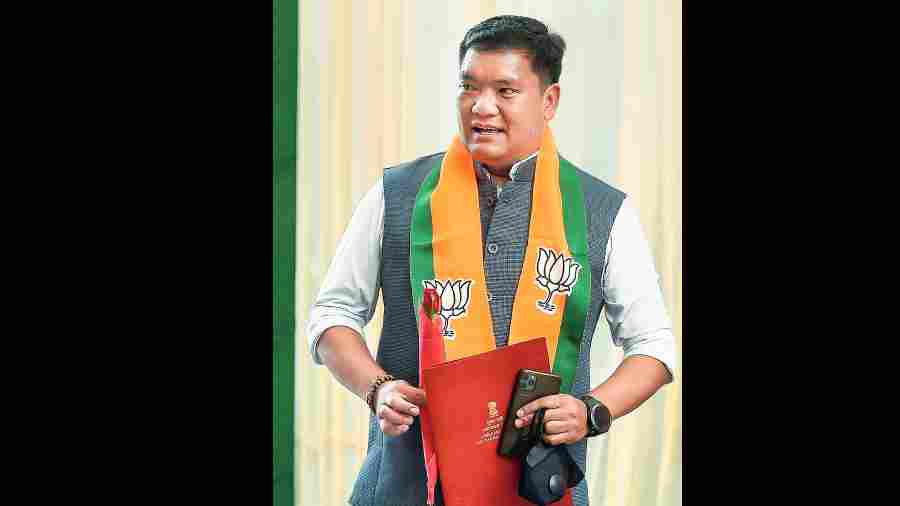The National Talent Search Examination was not held in 2022, marking the first such omission in its 60-year history and shattering the dreams of lakhs of Class X students who wanted to appear in it and earn a scholarship.
The National Council of Educational Research and Training (NCERT), which conducts the final leg of the NTSE, had in December 2021 said the 2022 exam was being “postponed” for administrative reasons, without elaboration.
There has been silence ever since, suggesting a lack of interest on the part of the government, which sources said was sitting on a review panel’s recommendations to reform the exam.
Only Class X students can apply for the exam, which means that skipping a year amounts to depriving an entire batch forever. The scholarship, earned in Class X, is paid till the completion of PhD.
The exam, started in 1963 to identify and nurture talent, has been a sought-after test among bright students. It is held in two stages, the first by the states separately as an elimination round and the second by the NCERT for the final selection of 2,000 students each year for the scholarship.
The last edition of the exam was held in October 2021, for the academic year 2020-21.
“It’s been my dream to crack the NTSE. I was preparing for it. I was asking my teachers about it. They would say the application process has not started,” a student of Mount Carmel School in Dwarka here said.
“Now the whole year has passed without the application process ever getting started. This is disappointing.”
Officials said the NCERT-appointed committee that reviewed whether the scheme was serving its purpose had handed in its recommendations to the education ministry last September. However, the ministry has not taken any decision, leaving the exam in limbo.
The committee found that the influence of coaching was jeopardising the stated objective of identifying real talent.
It found that most of the successful students were from urban areas, and that students of certain schools were cracking the test year after year. Some schools were providing coaching for the exam by inviting specialist teachers. Coaching centres were training students for the exam from Class VIII.
At each stage, the exam has a Mental Ability Test component covering verbal and non-verbal reasoning, and a Scholastic Ability Test component covering mathematics, the sciences and the social sciences.
All Class X students of recognised schools are eligible to appear in Stage I of the exam. Some 8,000 candidates qualify for Stage II — with each state having a quota based on its population — to vie for the 2,000 scholarships.
The committee is learnt to have advocated increasing the Stage II candidates to about eight times the number of scholarship slots.
Sources said the committee had also suggested district-wise reservation for the scholarships, with each district’s quota further divided into urban and rural quotas depending on their ratio of rural and urban populations.
To identify talent early, the committee has advocated that the exam be held twice for each batch – first in Class VIII and then in Class XII. Even those who cracked the exam in Class VIII must crack it again in Class XII if they want their scholarship to continue.
Currently, each successful student receives Rs 1,250a month in Class XI and XII, Rs 2,000 at the undergraduate and postgraduate levels, and an amount equal to the Junior Research Fellowship at PhD level.
Educationist Y. Sreekanth, principal of the Regional Institute of Education, Mysore, said the present format of the exam assesses a candidate’s acquired academic knowledge rather than talent or potential.
He said that talent should not be defined narrowly: children can be talented in the arts and crafts, writing, sports, argumentation and so on.
“The ideal thing is to give open-ended, application-based questions that demand knowledge in multiple disciplines. There should not be any direct answers to these questions, and that is possible by having questions related to real-life situations,” Sreekanth said.
Such questions will reduce the impact of coaching, he said.
A parent said that whenever the exam is held next, the government and the NCERT should give an opportunity to the students who have cleared Class X without getting a chance to take the exam in2022.
An email sent to school education secretary Sanjay Kumar on January 24, seeking the reasons for the delay in taking a decision on the exam, remains unanswered.












